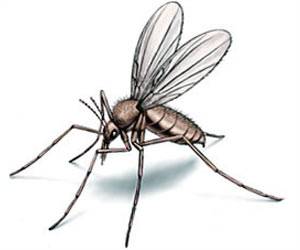School of Biochemical Engineering of IIT-BHU scientists in collaboration with the Institute of Medical Sciences (IMS), BHU, have tested a vaccine for Kala-Azar.

Kala-Azar, also called visceral leishmaniasis, is a disease in which a parasite migrates to the internal organs such as the liver, spleen (hence 'visceral') and bone marrow.
If left untreated, it will almost always result in the death of the host. Signs and symptoms include fever, weight loss, fatigue, anaemia, and substantial swelling of the liver and spleen.
Among people with Kala-Azar, there is variation in the symptoms, and some people can have unusual symptoms.
Prof. Dubey said that the prophylactic potential of this vaccine was evaluated in preclinical studies in mice model that showed a significant reduction in parasite load in liver and spleen organs of vaccinated infected mice.
He said, "Clearance of the parasite burden in vaccinated challenged mice is correlated with immune response expected in a vaccine candidate."
Advertisements
He said this study provides insight towards the evaluation of vaccine molecules against Leishmania infection. In future, it might be utilised as a vaccine candidate against the pathogen.
Advertisements
Prof. Dubey said that there is no vaccine yet available in the market for humans against this disease and the treatment depends on drugs with limitations which is a serious concern towards the complete elimination programme of WHO.
Vaccination is the safest and one of the most effective ways to fight against any infectious diseases. A vaccine molecule trains our immune system to fight against a given pathogen.
It stimulates several immune cells in our body that produce antibodies, cytokines and other active molecules that collectively work and protect from infection and provides long term protection.
Source-IANS











